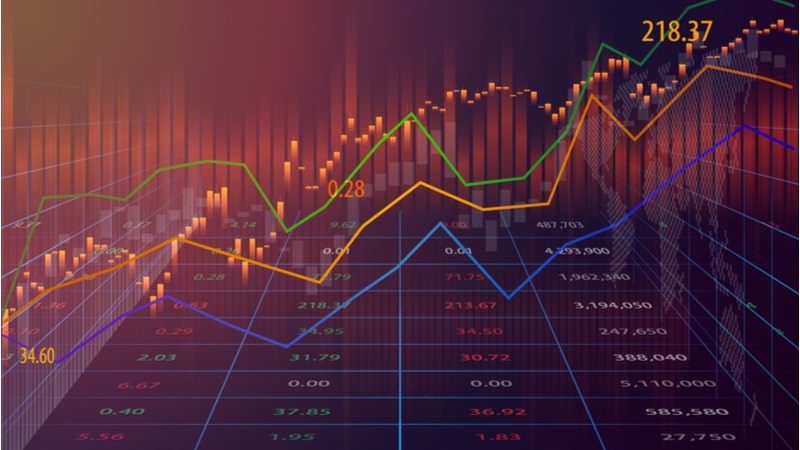
Stock Market Resilience Strategies for Ever-Changing Conditions
In the dynamic landscape of the stock market, resilience is the cornerstone of successful investment strategies. As the market ebbs and flows, influenced by a myriad of factors including economic indicators, geopolitical events, and technological advancements, investors must adapt their approaches to navigate ever-changing conditions. Resilience in the stock market is not synonymous with a steadfast adherence to a single strategy; rather, it involves the ability to pivot and recalibrate in response to emerging trends and unforeseen challenges. A resilient investor recognizes that the market is inherently volatile and embraces adaptability as a core principle. This adaptability extends beyond short-term tactical adjustments; it requires a continuous reassessment of long-term goals and a willingness to reallocate resources based on evolving market dynamics. One key element of resilient investment strategies is diversification. By spreading investments across different asset classes, sectors, and geographic regions, investors can mitigate the impact of localized market downturns.
This diversification acts as a buffer, allowing a portfolio to weather storms in specific industries or regions while maintaining overall stability. Additionally, a resilient investor remains vigilant in monitoring the global economic landscape, identifying emerging opportunities and risks. This proactive approach enables timely adjustments to portfolio allocations, ensuring that investments align with evolving market trends. Technological advancements play a pivotal role in reshaping the stock market, and resilient investors leverage these innovations to gain a competitive edge. Artificial intelligence, machine learning, and big data analytics are increasingly employed to analyze vast amounts of information and identify investment opportunities or potential risks. Embracing these tools empowers investors to make data-driven decisions, enhancing their ability to navigate complex market conditions. Furthermore, staying informed about regulatory changes, such as those related to environmental, social, and governance ESG criteria, is crucial for anticipating shifts in market sentiment and aligning investments with evolving societal values. Resilient investors also recognize the importance of a long-term perspective.

While short-term market fluctuations are inevitable, a focus on the underlying fundamentals of investments allows for a more measured response to volatility in Quotex login. This involves a commitment to thorough research, understanding the intrinsic value of assets, and avoiding knee-jerk reactions to market noise. In times of uncertainty, the ability to maintain composure and adhere to a well-thought-out investment thesis distinguishes resilient investors from those who succumb to emotional decision-making. In conclusion, stock market resilience is not a passive quality; it is an active and dynamic approach to investment that acknowledges the inevitability of change. By embracing diversification, leveraging technology, staying informed, and maintaining a long-term perspective, investors can adapt their strategies to thrive in ever-changing market conditions. In essence, resilience in the stock market is not just about weathering the storm but about harnessing the winds of change to navigate a course towards sustained growth and success.
